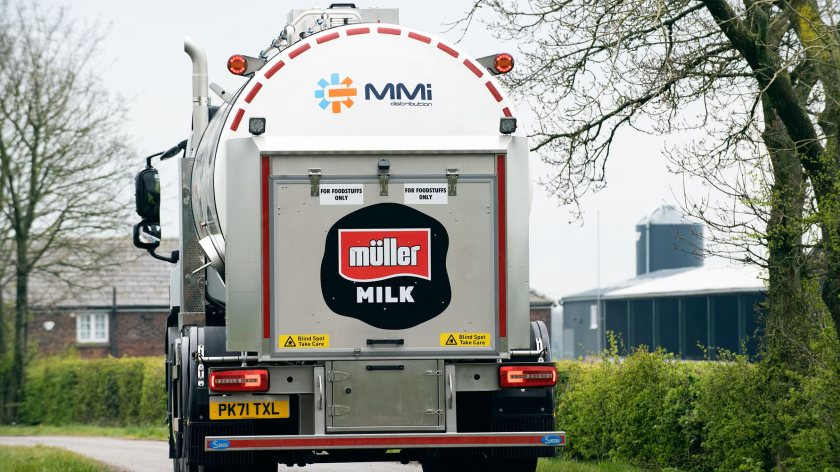Muller rolls out new support for farmers as organic milk 'at risk'

Dairy processor Muller has launched a new programme to secure the future of organic milk production as Britain's supply is "at risk".
With consumer demand for organic milk rising, but production falling, the dairy firm has developed a bespoke organic offering within its existing Muller Advantage programme.
This new approach aims to safeguard and revitalise the future of its 60 organic dairy suppliers by providing greater stability and security of supply.
Since 2020, organic milk production has declined amid rising farming costs and volatile farmgate prices, prompting some farmers to leave the sector.
Despite growing sales of organic milk, Muller acknowledges that current pricing and support systems do not provide the confidence or competitiveness needed to maintain sustainable supply levels.
To address these challenges, it has introduced a new pricing model that factors in fluctuating organic input costs, succession planning, labour expenses, and investments to reduce emissions.
Beyond the incentivised Advantage programme, the company will also offer tailored workshops aimed at helping organic farmers reduce carbon emissions.
Eligible producers will continue to participate in Muller’s Next Generation and Fast Track programmes, which focus on cutting emissions through real-time farm data analysis.
The new initiative was developed in partnership with organic farmers, Kite Consulting, and Muller’s retail collaborators.
Richard Collins, head of agriculture at Müller Milk & Ingredients, said the future of the British organic dairy sector was at risk.
"Production has gone down over the past five years, with many hard-working farmers either leaving the industry or switching to non-organic methods.
“And as organic demand remains strong, we have to find new solutions, that are fully supported by our retail partners, to protect the long-term security of supply of organic milk.
“With our innovative new offering, it will provide stability, competitiveness and long-term confidence for our organic supplying farmers.
"If we get that right, it not only builds supply chain resilience, but creates the conditions for further investment and innovation across the sector.”








